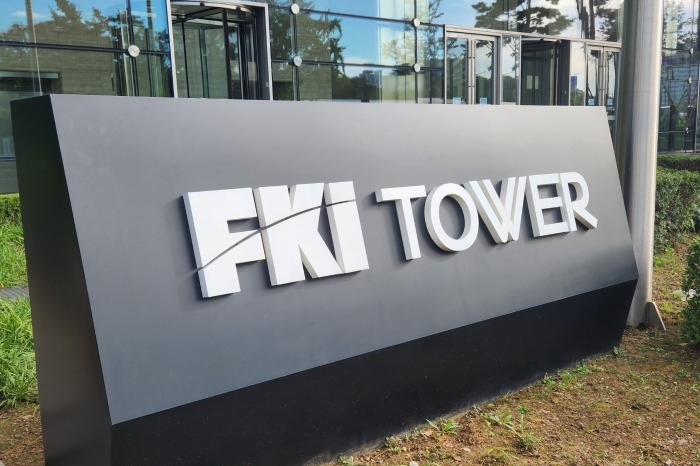Shareholder activism
Shareholder activism in Korea swells 9 times since 2019
Companies need measures to defend themselves from activist funds' attacks, an FKI report says
By Mar 26, 2024 (Gmt+09:00)
1
Min read
Most Read
LG Chem to sell water filter business to Glenwood PE for $692 million


KT&G eyes overseas M&A after rejecting activist fund's offer


Kyobo Life poised to buy Japan’s SBI Group-owned savings bank


StockX in merger talks with Naver’s online reseller Kream


Meritz backs half of ex-manager’s $210 mn hedge fund



The number of South Korean firms targeted by activist funds has risen by nearly nine times over the past five years, the largest increase among major markets, according to a report from business lobby group The Federation of Korean Industries (FKI) on Monday.
A total of 77 Korean companies were targeted by shareholder activism in 2023, increasing by 8.6 times from 2019, the report cited Diligent Market Intelligence’s data. The average for the 23 major countries covered by the report, including the US, Japan, Canada and the UK, was a 5% increase.
In addition to Korea, seven markets saw increased activist fund attacks – the US, Japan, Canada, Singapore, China, Israel and the Netherlands. Except for Japan, which saw activist fund actions rise to 103 last year from 68 in 2019, other markets had little increase.
Activist funds acquire minority stakes in companies and call for changes in the companies’ governance and make efforts to raise share prices.
“Asian companies which lack experience in shareholder activism can be more easily targeted,” the report said.
Globally, there is an increasing incidence of “swarming” on the shareholder activism scene, which takes place when multiple activist funds target one company, leaving the firm vulnerable to attacks. A total of 17 US companies experienced swarming in 2022, compared with seven in 2020, according to the report citing Lazard Capital Markets Advisory Group data.
The report highlighted that more Japanese firms in public markets delist themselves to avoid shareholder activism as a primary reason. A total of 135 Japanese companies delisted their shares in 2022, compared with 47 in 2015, according to The Carlyle Group’s analysis.
There is a possibility that more Korean firms will decide to delist or withdraw their public market debut plans due to a lack of systems by which companies can defend themselves from activist campaigns, the FKI report said.
Write to Eui-Myung Park at uimyung@hankyung.com
Jihyun Kim edited this article.
More to Read
-
 Shareholder activismSamsung C&T defeats activist funds in proxy battle
Shareholder activismSamsung C&T defeats activist funds in proxy battleMar 15, 2024 (Gmt+09:00)
3 Min read -
 The KED ViewShareholder activism at the cost of facility investments
The KED ViewShareholder activism at the cost of facility investmentsFeb 20, 2024 (Gmt+09:00)
2 Min read -

-
 Shareholder activismKT&G faces another legal battle with Korean activist fund
Shareholder activismKT&G faces another legal battle with Korean activist fundOct 10, 2023 (Gmt+09:00)
2 Min read -

Comment 0
LOG IN


